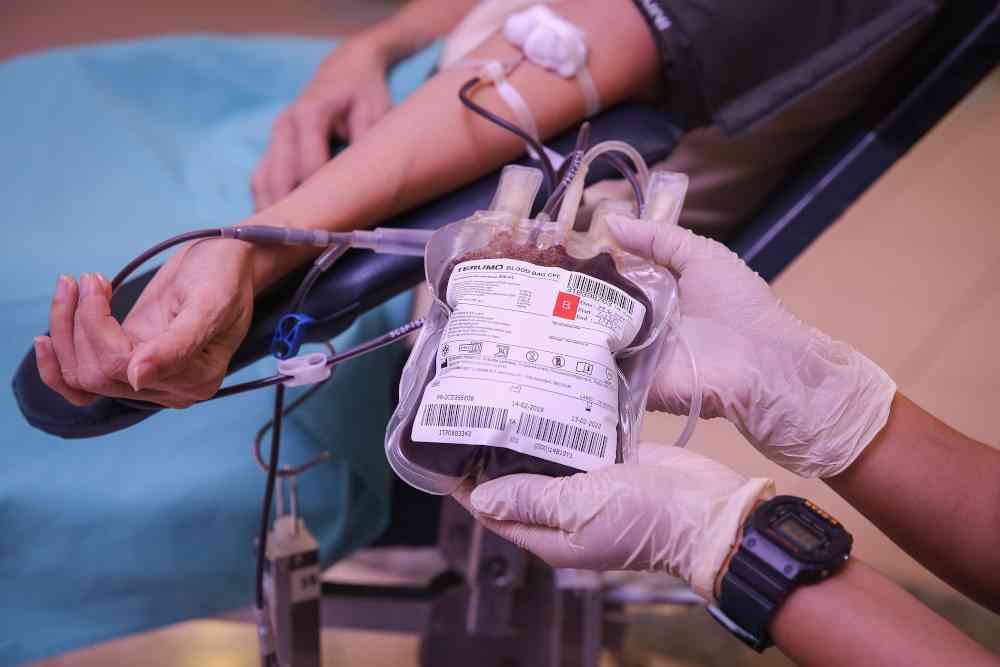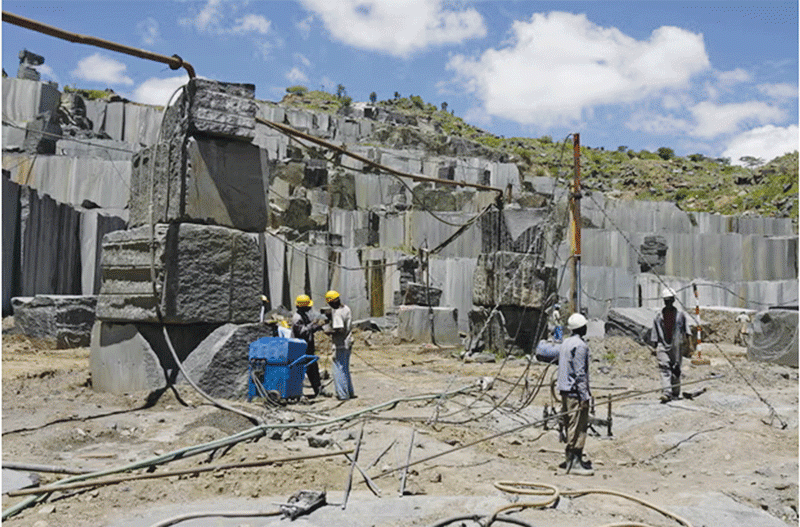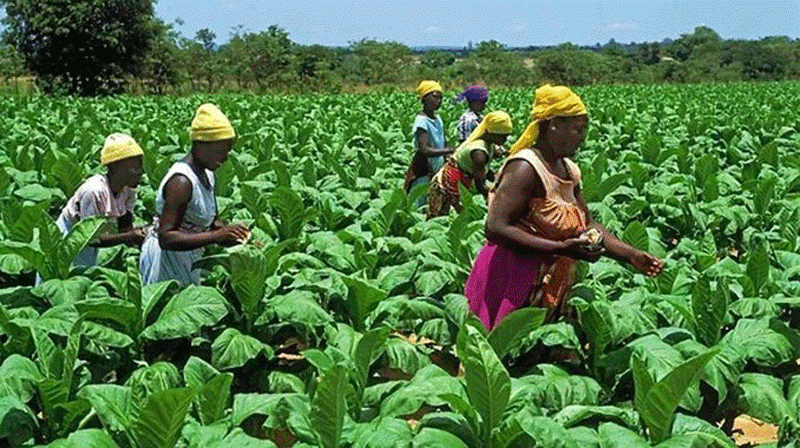
THE National Blood Services Zimbabwe (NBSZ) has revealed that the country is currently experiencing a lag in blood supply due to a delay in testing the more than 2 700 units in stock.
Speaking on the sidelines of the launch of World Blood Donor Day in Harare yesterday, NBSZ chief executive Lucy Marowa said the shortage was a result of a technical glitch which is being attended to.
The country has been facing blood shortages from time to time prompting calls for more donations.
“Our blood stocks are a little bit depressed, but not because we do not have the blood but it is because of a bit of challenges we had with logistics in the past week. We are working flat out to test all the blood that is sitting in our blood bank,” she said.
“We are sitting on 2 750 units in the quarantine and our machines are actually up and running right now testing all of that so that it can be made available to use, so we have a bit of a depressed situation but not because the blood is not there, it is really because we have a backlog in testing.”
Marowa said the NBSZ was testing and releasing supplies to cover hospitals according to availability.
“We do not have a build-up of stocks but we have untested blood in stock at the moment,” she said.
Marowa also noted that it was important to recognise the role played by voluntary non-remunerated blood donors in the life-saving healthcare business.
- ‘Blood, drug shortages hit UBH’
- PR executives push for stake in the boardroom
- ‘Testing delay affecting blood availability’
Keep Reading
“Whereupon, these people have taken it upon themselves to give blood free of charge for people that need it in the medical institutions. We all know that voluntary non-remunerated blood donations are actually one of the key pillars in the delivery of quality healthcare services,” she said.
Marowa indicated that plans are underway to introduce ribonucleic acid testing of blood products, though it is expensive.
“The investment is worth US$1,4 million per annum covering 90 000 donations is proving that it is quite on the expensive side,” she said.
Zimbabwe is, however, yet to achieve the World Health Organisation stipulated average for a national blood programme to be sustainable.
“We expect that you should collect blood from 10 per 1 000 people in the population. So for Zimbabwe to have a nationally sustainable programme we should be able to collect 10 per 1 000 population.
“Unfortunately, we have not yet reached there as a nation. We are offering around six per 1 000 as a population. We want to say thank you to our blood donors for us having surpassed the halfway mark. We want to continue to encourage more donors to come forward and give their precious gift of blood donations.
“Although we have not yet reached 10 per 1 000, I’m glad to say that we are at least able to meet 80% of the national blood needs at any given time,” she added.
The World Blood Donor Day is commemorated annually on June 14 and this year’s celebrations will be held in the Midlands province.











